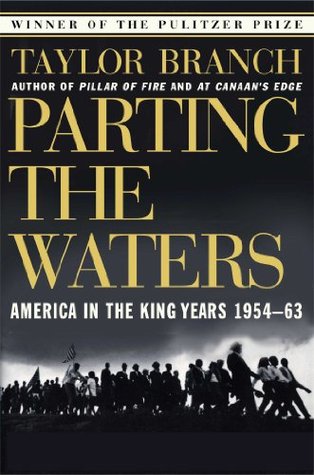The Social Gospel avoided the grit of politics; Marxism abhorred the church and all forms of idealism. To Niebuhr, they represented together the overriding tragedy of the age—“modern man’s loss of confidence in moral forces.” By “moral,” he meant the mediating unscientific realm of justice, which combines love and politics, spiritualism and realism. Morality was a compromise of religion and politics, necessitated by the special character of the immoral society.
Welcome back. Just a moment while we sign you in to your Goodreads account.


